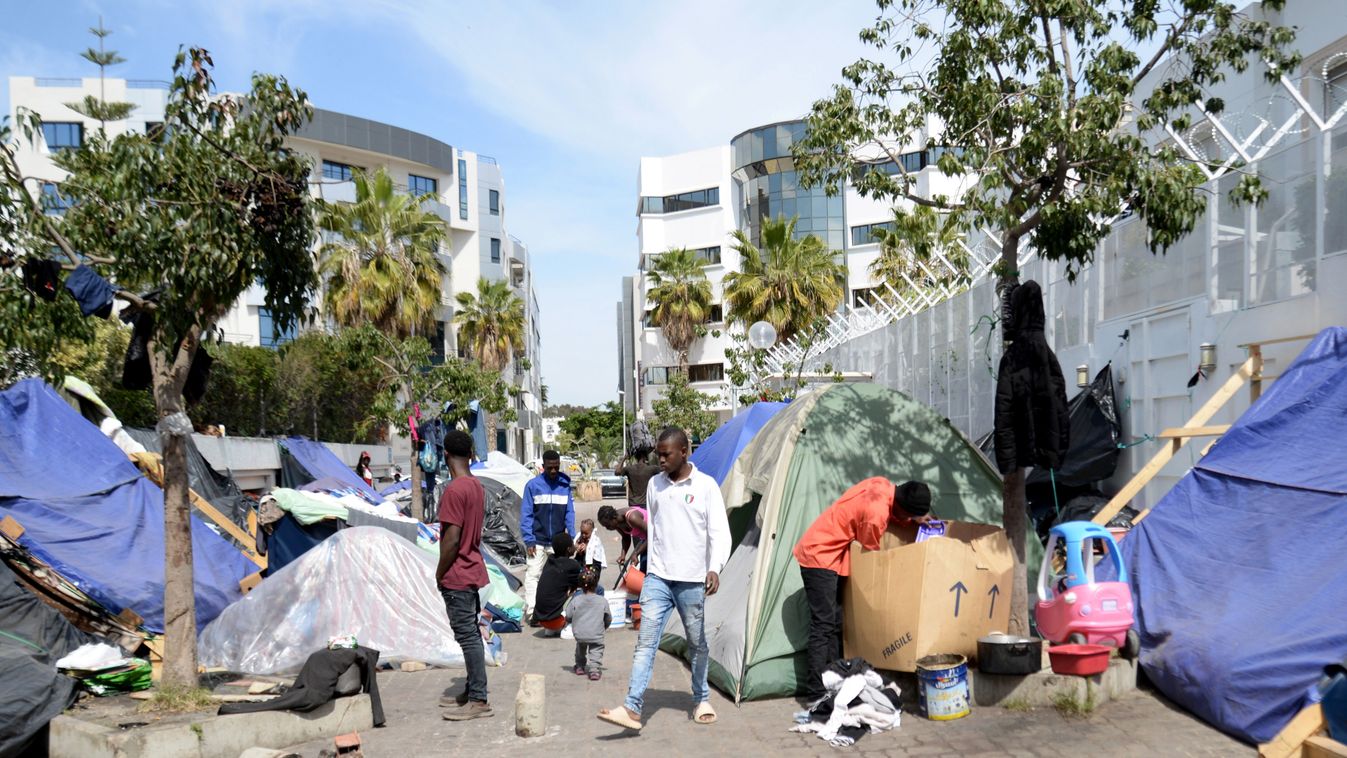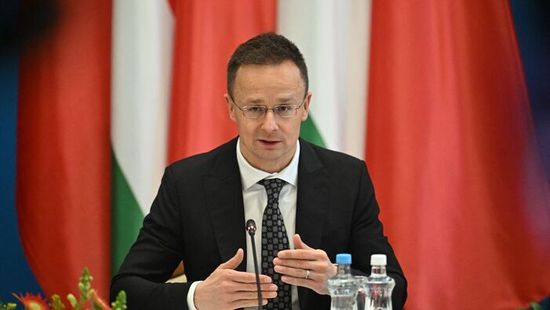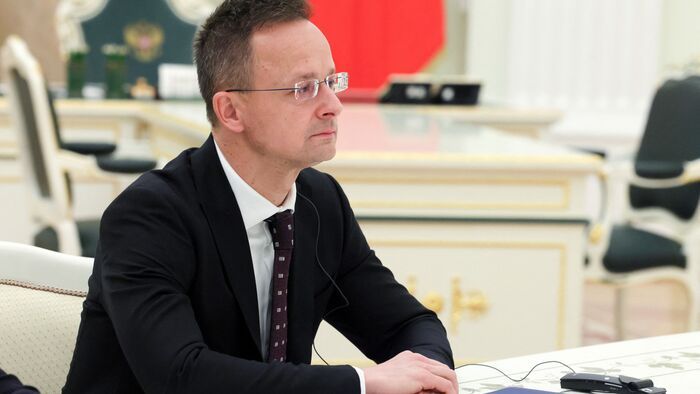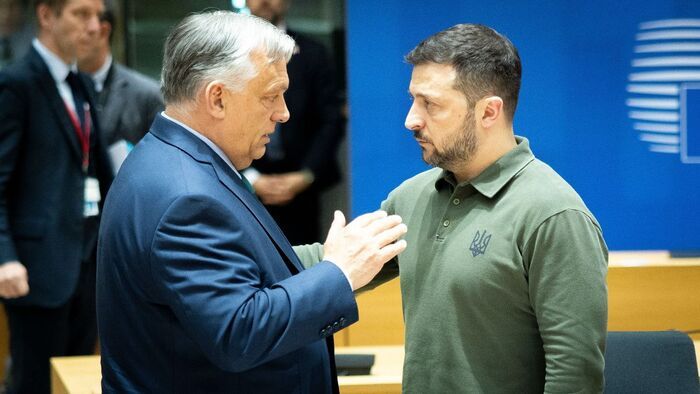The European Union wants to introduce a mandatory distribution of migrants among its member states, and if the legislative process goes to fruition, member states will have no say in who will live within their territories, the parliamentary state secretary of Hungary's interior ministry said in Luxembourg, on Thursday.
Bence Retvari made the statement after the interior ministers of EU member states had adopted a Council position on the EU's asylum reform in a majority decision.
The adopted document, which contains a general approach on asylum cases, envisions that the EU distribution mechanism will essentially allow the illegal migrants themselves, or the people smugglers transporting them into Europe, to decide who will live in Europe,
he said.
Mr Retvari emphasized that Hungary has consistently opposed this proposal, along with Poland.
He added that
the proposal states that, should a member state decline to accept migrants, then that state must pay a sum of approximately eight million forints (22,000 euros) per migrant to the European Union.
The information stating which member country bears what proportion of the burden of border protection, or of procedures to be conducted at the border, was called disproportionate by the state secretary.

Although Hungary is not considered a front-line country by decision makers in Europe, the country was tasked with Hungarian authorities having to administer and process 28.3 percent of all border procedures. Hungary is being forced to provide almost a third of all EU border procedure capacity, because Hungarian authorities are keeping track of exactly how many illegal migrants are returned, he said.
The state secretary also underlined that he could not report any progress regarding the EU financing of border protection costs, while Hungary has already spent more than 1.5 billion euros to build these capacities.
We have repeatedly asked the EU to contribute to our costs of external border protection. If we are talking about solidarity, this does not only mean that migrants should be distributed among the bloc's members, but that those who strive to limit the number of people to be distributed should also be a part of this,
he pointed out.
The proposal is dangerous, according to the state secretary, because it contains simplifications and mitigations, and these will certainly serve as an incentive for illegal migration.






















Szóljon hozzá!
Jelenleg csak a hozzászólások egy kis részét látja. Hozzászóláshoz és a további kommentek megtekintéséhez lépjen be, vagy regisztráljon!